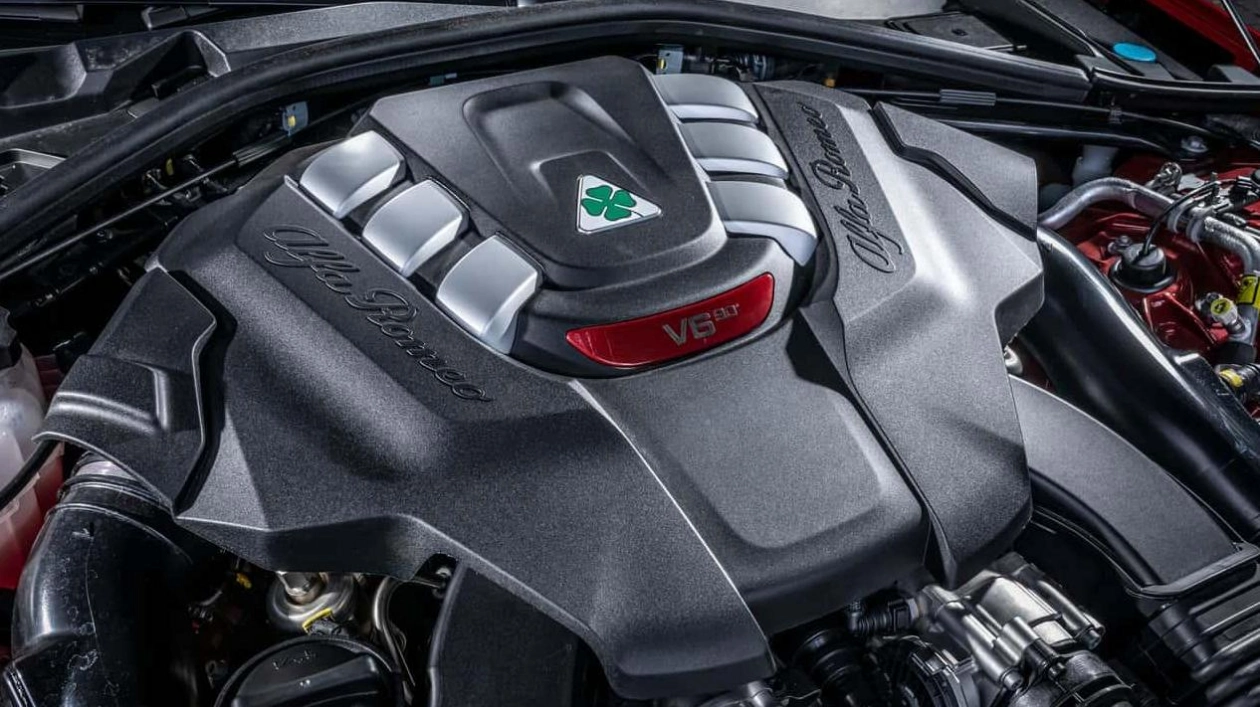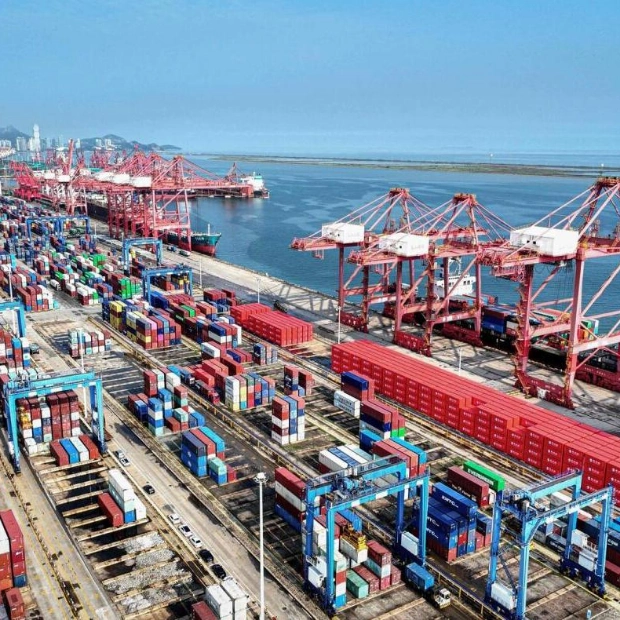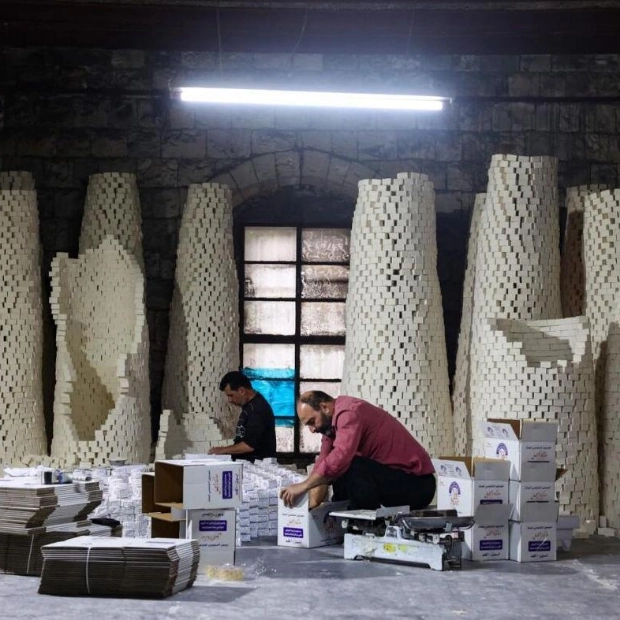In August 2021, Stellantis announced that Alfa Romeo would transition to a purely electric lineup in Europe, North America, and China by 2027. However, by October 2024, Alfa's outgoing CEO, Jean-Philippe Imparato, suggests this plan may be reconsidered. Speaking at the Paris Motor Show, the 58-year-old executive hinted that internal combustion engines (ICE) could remain in the lineup longer than initially anticipated.
Imparato told Auto Express that Santo Ficili, the incoming Alfa Romeo CEO, has the flexibility to adopt a more diverse powertrain lineup for the new Stelvio and Giulia models. If the purely electric versions of these vehicles do not meet sales expectations, they could be offered with ICE options. This flexibility is made possible by the STLA Large platform, which has already been used for the new Dodge Charger.
Both the Stelvio and Giulia will move away from the multi-billion-euro Giorgio platform, which has been exclusive to these Alfa models and three Maserati vehicles: Grecale, GranTurismo, and GranCabrio. The Giorgio platform also underpins the latest Jeep Grand Cherokee, but its successor, STLA Large, is designed as a "BEV-native" architecture that can also accommodate gas engines. This platform will also be used for new vehicles from Chrysler and Maserati.
In the gas-powered Charger, a twin-turbo 3.0-liter inline-six engine delivers 420 and 550 horsepower, both with all-wheel drive and a rear-axle-only drive mode. Dodge plans to begin production of the Hurricane-powered Charger in the first quarter of 2025.
The next-generation Stelvio is set to debut next year, with the all-new Giulia following in 2026. Imparato confirmed to Autocar in Paris that a larger SUV, planned as a flagship model with a focus on the North American market, will arrive in 2027. This model will also be built on the STLA Large platform, potentially including combustion engine options.
If ICE options remain, Alfa Romeo would join a growing list of automakers that have revised their ambitious EV goals. Nearly all manufacturers that pledged to go fully electric by 2030 have recently adjusted their plans. There is increasing pressure on the European Union to delay the 2035 ban on new gas car sales.






